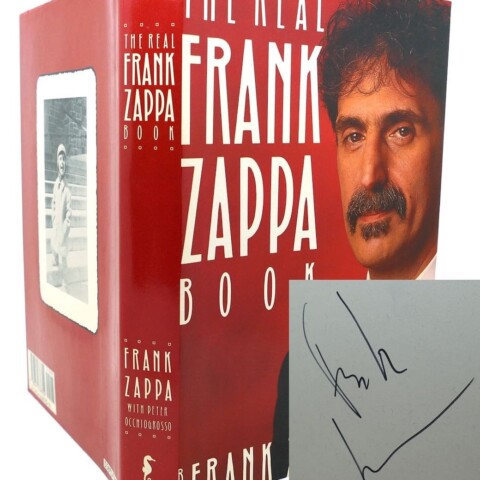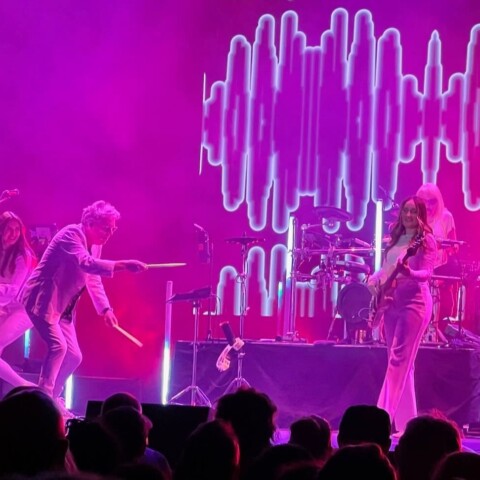 I TRIED TO like Wrecking Ball, Bruce Springsteen’s latest album. Really I did. When I first heard ‘We Take Care Of Our Own’ spinning on the radio, I thought it was a typically enjoyable track in the standard Boss style and that’s usually enough to keep fans (even the non-hardcore ones like myself) happy.
I TRIED TO like Wrecking Ball, Bruce Springsteen’s latest album. Really I did. When I first heard ‘We Take Care Of Our Own’ spinning on the radio, I thought it was a typically enjoyable track in the standard Boss style and that’s usually enough to keep fans (even the non-hardcore ones like myself) happy.
So after deciding that I’d like to hear more, I harassed Gary Steel until he gifted me his review copy. He warned me that I didn’t want to hear the CD, as in really, really didn’t want to. The warnings came more than once, with increasing levels of alarm and urgency but some of my favourite music found its way into my collection from Steel’s pile of discarded CDs, so I ignored him and straight into the CD player it went.
If only I’d listened to him.
The first track is the only one on the album that grabbed me, because the lyrics and delivery work well, but the album as a whole lacks any real depth. Maybe I’m looking back with far too much fondness and longing to songs such as ‘The River’, ‘Born To Run’, ‘Thunder Road’, ‘I’m On Fire’ or ‘Streets of Philadelphia’; songs that fired me up and brought me down as intended, songs filled with energy and the sense that the lyrics actually meant something to the singer, maybe even as much as they meant to me. Not so with Wrecking Ball, which despite the angst-ridden theme of an America in crisis seems phoned in from a place that’s all too familiar.
Ranting to Steel about how disappointed I was in the album, I opined that: “Warren Zevon put more energy into putting his socks on in the morning than Springsteen does in this entire album”. I went away from that conversation wondering if I’d overstated things, but after three more shots at listening to it, I don’t feel that I did. There’s no conviction here. Rather, this is an album that sounds like a pale facsimile of every Springsteen album for decades, including unfortunately, We Shall Overcome: The Seeger Sessions, which was actually a charmer because of its energy and sense of fun; here the songs with a traditional slant just come across as weak and slow. Those with a political theme on the other hand are the same old, same old put into an audio version of Photoshop and lightly tweaked.
On his latest album, young Justin Townes Earle does more to convey an oppressive, mournful feeling of tough times with a verse than The Boss does on the whole album, and that lack of an intense emotional connection is where Wrecking Ball falls down hardest. Earle also puts the listener deeper into America, both the good and the bad parts than Springsteen does and that too is sad in its way. Unfortunately I don’t buy the album’s more hopeful tracks, either.
Wrecking Ball isn’t an awful album. It’s just not all it could be, considering the artist and the inspiration he should draw from the headlines of the last few years, and the upcoming American election. Springsteen devotees will probably enjoy it, but I think that there will be a sneaking suspicion in the back of their minds that there could have, actually should have been more to it.
















good review.
this album doesn’t even have good sound quality to fall back on.
i’ve heard mp3’s with more life than this dreckfest.
refund !